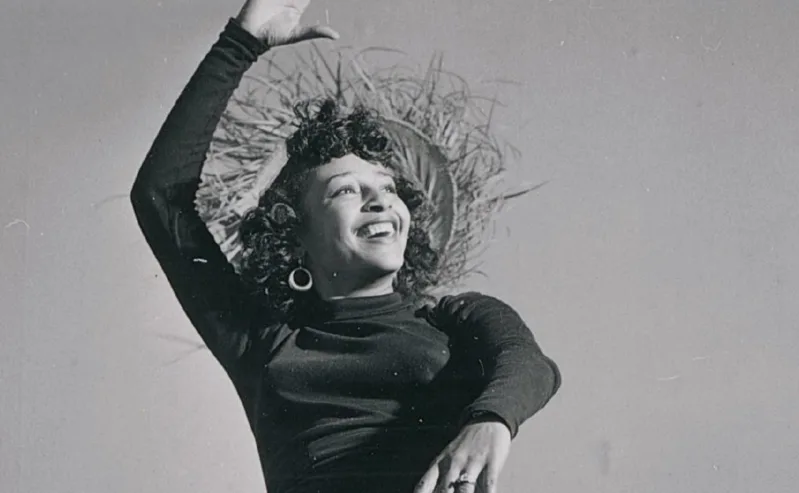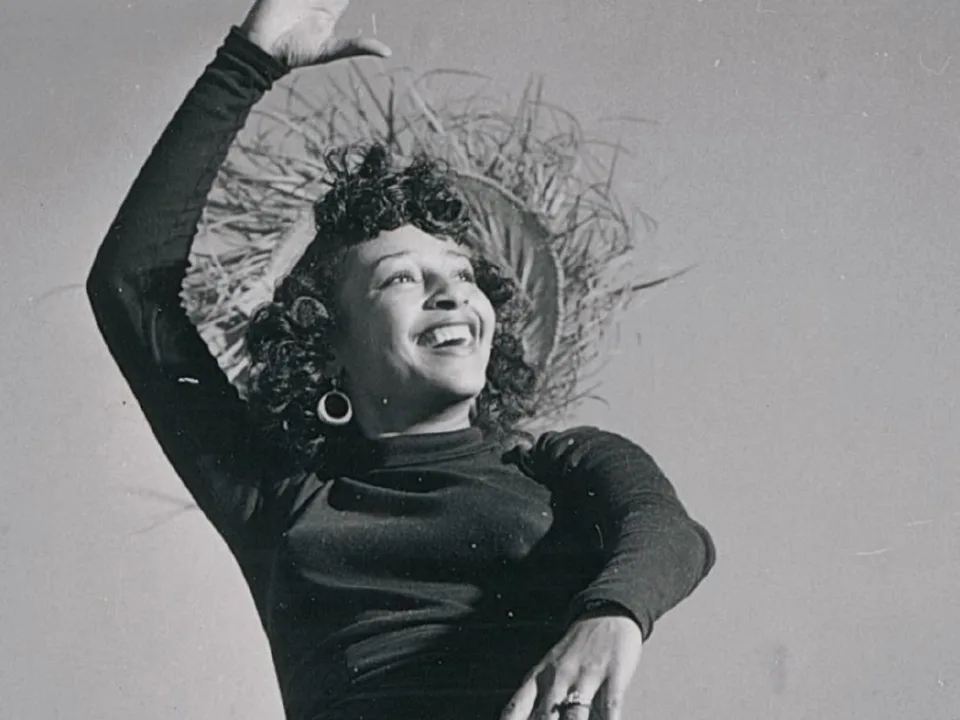The writer and film maker Jessica Taylor was invited by the artist Theaster Gates to do a creative writing piece on his installation "Black Chapel" at Haus der Kunst.
Introduction by the author
The first question I asked Theaster Gates was how he continues to promote beauty in a world that is so full of vitriol. Standing in the middle hall of the Haus der Kunst, it’s impossible not to feel the weight of history on your shoulders and having the added pressure of being invited to accompany Theaster as a writing resident on his opening weekend increased the tension. Perhaps he recognized the desperate insurgency in my eyes when he replied that to choose to not tear down this institution is an act of German resilience. He noted that “to equate great German histories with great Black histories we can create some good mojo.” I didn’t catch the spirit then but I caught it as I watched the Black Monks rehearse, their voices mingling the lyrics of various gospel songs “Master, hear my Servant’s Prayer” with “Be my Friend.” I caught the spirit when I saw the heaps of African masks, a mix of authentic artifacts and tourist relics that made me question who defines legitimacy. I caught the spirit when I saw footage of Jesse Owens’ historic win in Berlin juxtoposed with “The Secret of Selling the Negro,” the 1954 film sponsored by the Johnson Publishing Company. These spirits moved me to write an elegy meant to exonerate the dead that lie within the museum walls, on the streets of Munich and within us.

the only negro at the party. an elegy in four acts
i.
man i promise
i used to love you
you were so good until you weren’t
but this is not for you
ii.
She glances in the mirror, takes another needless shot of her inhaler and heads towards the exit. Hand on the ornate brass doorknob, she thinks of her fate on the other side and decides against it. Imposter perhaps. Coward certainly. But definitely not a charlatan. 180 degrees back into the stall and the pressure to perform, to shuck, to jive feels like the weight of two stone pillars on her neck. When did this happen? And how much longer? The forced smiles, the self-congratulatory pats on backs, the lingering hands on thighs. Panicked, sweaty, eczema flaring, she feels the chunks of pumpkin soup rising in her throat. Get back out there.
iii.
Seat 1: Are you a singer?
Seat 2: No.
Chorus: And the trumpet sounds.
Seat 1: A dancer?
Seat 2: (hesitates) No.
Seat 1: I thought you were from West Africa.
Seat 2: ...
Chorus: It’s too loud.
iv.
The Auction Block
Ambitious bodies searching for a temporary home in a place where acceptance means haggling your worth, putting your dignity up for auction and selling your ass on the most beautiful marble floor you’ve ever seen. It’s expensive to sell out. And yet we persist in chasing a dream deferred by our aunties and left out in the rain by our grandmothers. There’s a lesson to be learned in holding the torch until it’s a smoldering matchstick. If we won’t run the race, who will? Tell them you’re unwell. Tell them you’re too tired. Make them believe that in order to get you to be their trophy, they have to be willing to sacrifice their names. Namely, their children’s names. But this is not about them.
v.
At the end of daybreak,
I kill the simulation
call off the puppeteers
stand in the beautiful wreckage
of my blood.
At the end of daybreak,
a body eroded
spirit left intact
clinging to charred composition
ashes stained on the walls.
At the end of daybreak,
the opposing forces
of resilience and violence
meet in choreographed chaos
to dance in obscene revelry.
At the end of daybreak,
I return to a land that doesn’t want me
yet needs me,
a land that won’t claim me
but nevertheless i’ll stay.
Jessica Lauren Elizabeth Taylor (b. 1984, Florida) is an artist, writer, filmmaker and community organizer currently based in Berlin. She was invited by the artist Theaster Gates as a writer in residence to do a creative writing piece on his installation "Black Chapel" at Haus der Kunst. To find out more about her work visit thejessicastudy.com
